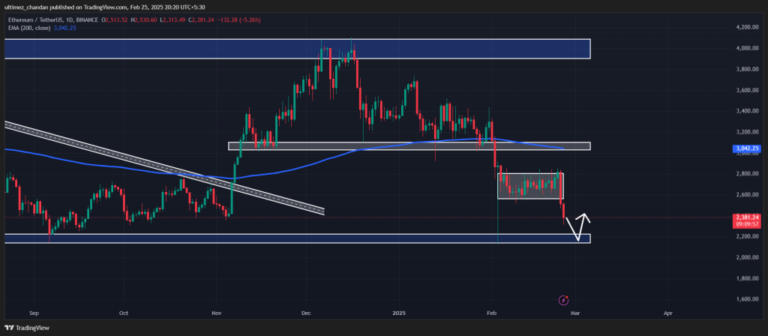Unlocking Global Markets: The Power of Registering Coffee Value Chain Actors, According to Minister Tumwebaze
The Minister of Agriculture, Animal Industry, and Fisheries, Frank Tumwebaze, has urged the public not to politicise the registration of coffee farmers but to see it as a critical step towards securing Uganda’s place in international markets. Speaking at the launch of the registration exercise of all coffee farmers at Uganda Media Centre on Tuesday…
Coffee is one of Uganda’s primary exports, contributing significantly to the country’s economy. Minister Tumwebaze’s emphasis on registering all coffee value chain actors is crucial for tapping into global markets. By ensuring that every farmer is accounted for and participating in the formal economy, Uganda can demonstrate its commitment to quality and sustainability in coffee production.
Registration of coffee farmers and other actors in the value chain is not about politics; it is about setting standards, improving transparency, and building trust with international buyers. When consumers purchase Ugandan coffee, they want to know that it comes from a reliable source that upholds ethical practices and produces high-quality products. By registering all actors in the coffee value chain, Uganda can provide that assurance.
Minister Tumwebaze’s call for registration is a proactive step that will benefit both Ugandan coffee producers and the global market. It will allow for better traceability of coffee beans, ensuring that they meet international standards and are free from any harmful practices. This will ultimately lead to increased demand for Ugandan coffee and higher prices, benefiting the livelihoods of coffee farmers across the country.
How will this affect me?
As a consumer, the registration of coffee value chain actors in Uganda may not have a direct impact on you, but it will indirectly benefit you by providing you with high-quality, ethically sourced coffee. By supporting countries that prioritize transparency and sustainability in their coffee production, you are contributing to a global market that values ethical practices and supports the livelihoods of farmers.
How will this affect the world?
The registration of coffee value chain actors in Uganda sets a positive example for other coffee-producing countries around the world. By prioritizing transparency and traceability, Uganda is leading the way in ensuring that coffee production meets international standards and promotes sustainability. This will have a ripple effect on the global coffee market, encouraging other countries to follow suit and ultimately benefiting both producers and consumers worldwide.
Conclusion
In conclusion, Minister Tumwebaze’s emphasis on registering all coffee value chain actors in Uganda is a necessary and positive step towards unlocking global markets. By ensuring transparency, traceability, and ethical practices in coffee production, Uganda is positioning itself as a reliable and reputable supplier of high-quality coffee. This will not only benefit the country’s economy but also have a lasting impact on the global coffee industry as a whole.





